The Dishes
2025
All my life, I was told I was careless, lazy, distracted—a dreamer, a loner. Misaligned. Out of focus. Never quite “normal.”
In the early 90s I launched a promising design career, working with the Royal Mail and David Hockney. But the same old judgments followed, and so did the setbacks.
Everyday tasks—brushing my teeth, making tea, doing the dishes—felt impossible to sustain. Building simple habits seemed out of reach.
In 2017, I was diagnosed with combined ADHD and ADD. That moment re-framed everything.
This work reflects that shift—how understanding can transform struggle into insight, and chaos into creativity.









Dark Night of the Soul
2025
In many cultures, psychosis is viewed not as a mental illness but as a Spiritual Emergency. My own experiences reflected this perspective. I felt as though a veil was being lifted to reveal a deeper reality, allowing me to see, hear, and experience life in a more profound and enlightened way. While this was at times awe-inspiring, it was also accompanied by fear and uncertainty.
I've encountered a number of “Dark Nights of the Soul,” some of which felt like an ego death, and others like a re-enactment of past trauma. During the night that I have represented in this piece, I was convinced that my daughter had been killed, that my legs had been broken, and that I was blinded by fear. Through years of reflection, I now view these episodes as both a rapid spiritual journey and a mental health condition in need of treatment. I believe a more comprehensive understanding is needed—one that bridges both the spiritual and mental health aspects, which is currently lacking.












Uncomfortably Numb
2025
This project is a work in progress. The first four photographs are the only completed images; they appear exactly as they were taken, with no editing and no effects applied. The images on the right-hand side are early drafts. These will eventually be desaturated to reflect the grey, flattened, monotonous visual field that often accompanies depression. What you see here represents the initial stages of development, not the final piece.
My intention is to visualise the internal mechanics of depression—the way it repeats, stalls, and loops. Depression is not dramatic; it is rhythmic, cyclical, and numbing. Time slows. Days blur. Movement becomes effort. The world loses contrast and weight, settling into a fog that sits between you and everything else.
These are early thoughts and preliminary explorations: how to portray the heaviness, the inertia, the muted sensory field. How to render the feeling of watching life from behind a grey veil, as if the colours have drained away and the world continues on the other side of a glass you cannot break through.
This ongoing work attempts to make visible that internal suspension—the uncomfortable numbness where emotion is present but inaccessible, where existence continues but with a quiet, persistent drag that shapes every moment.
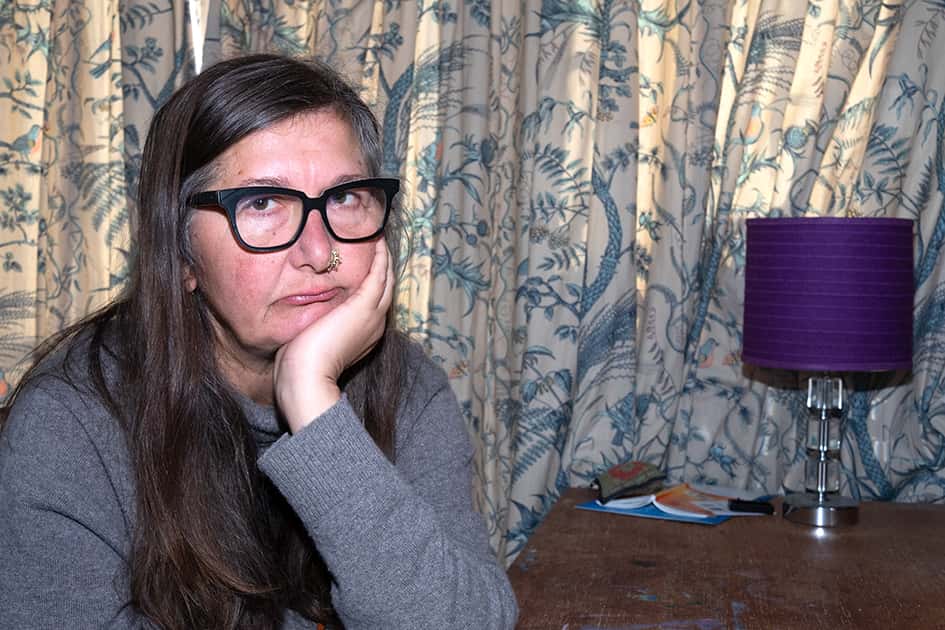
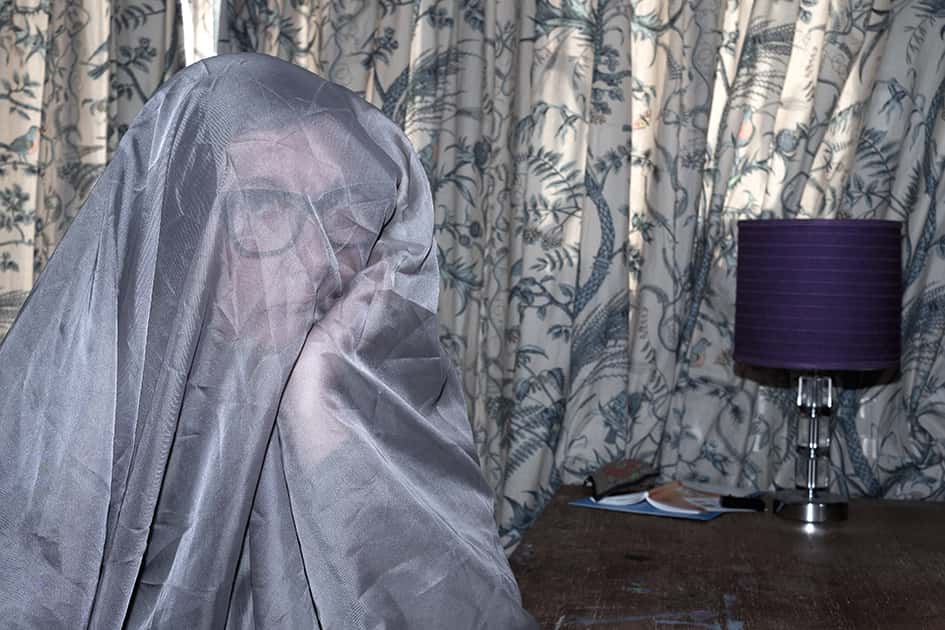
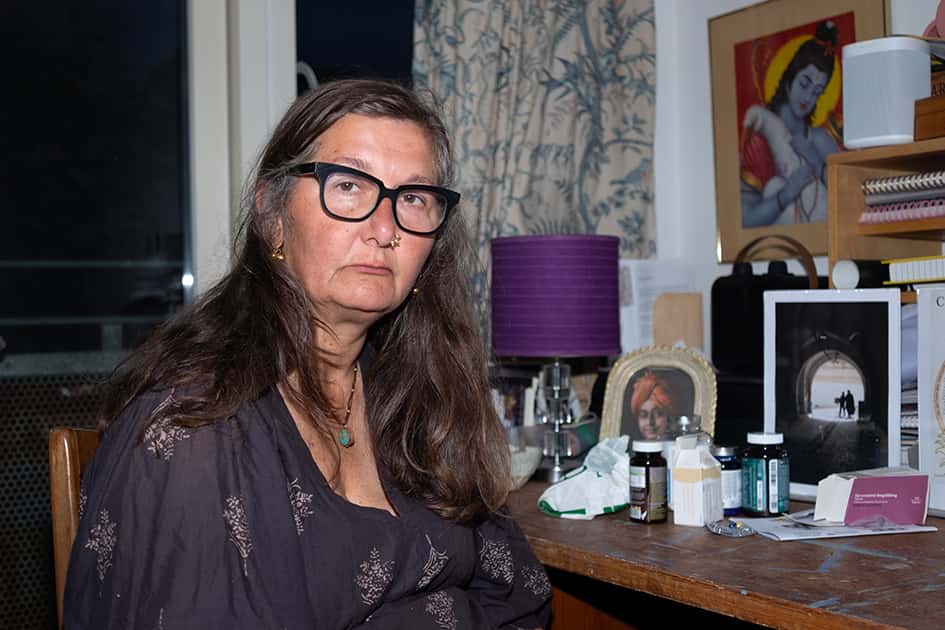
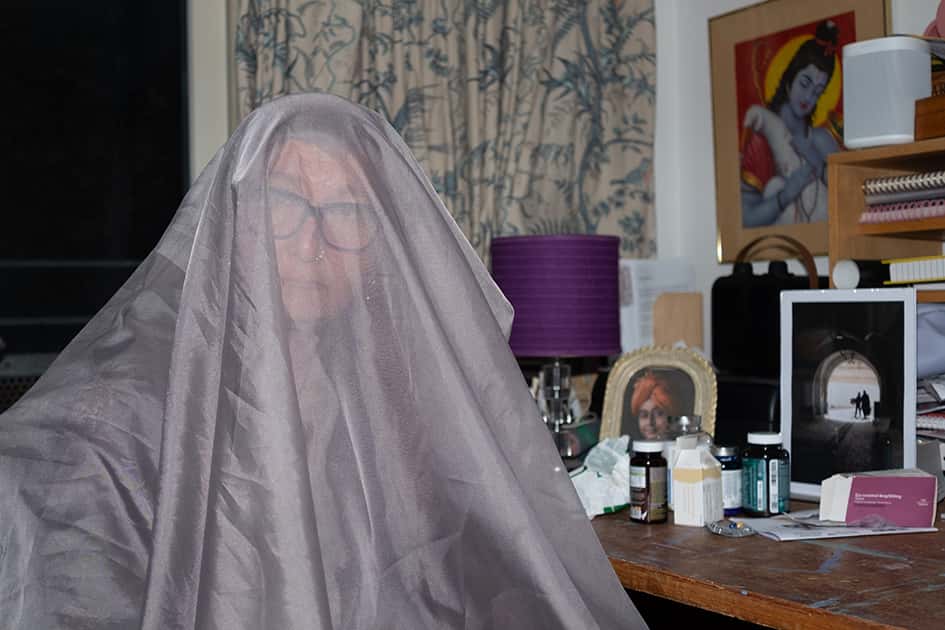
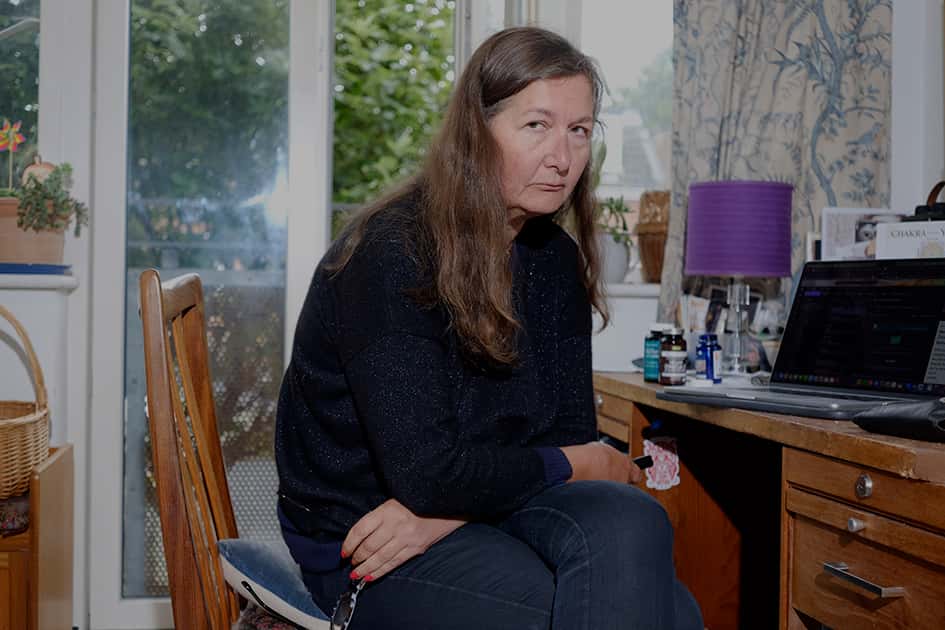
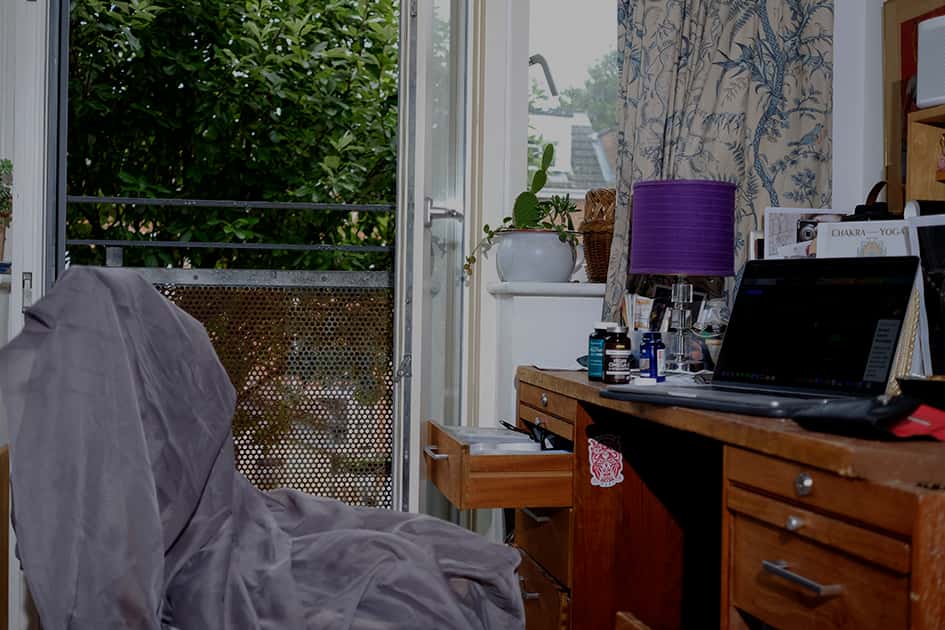
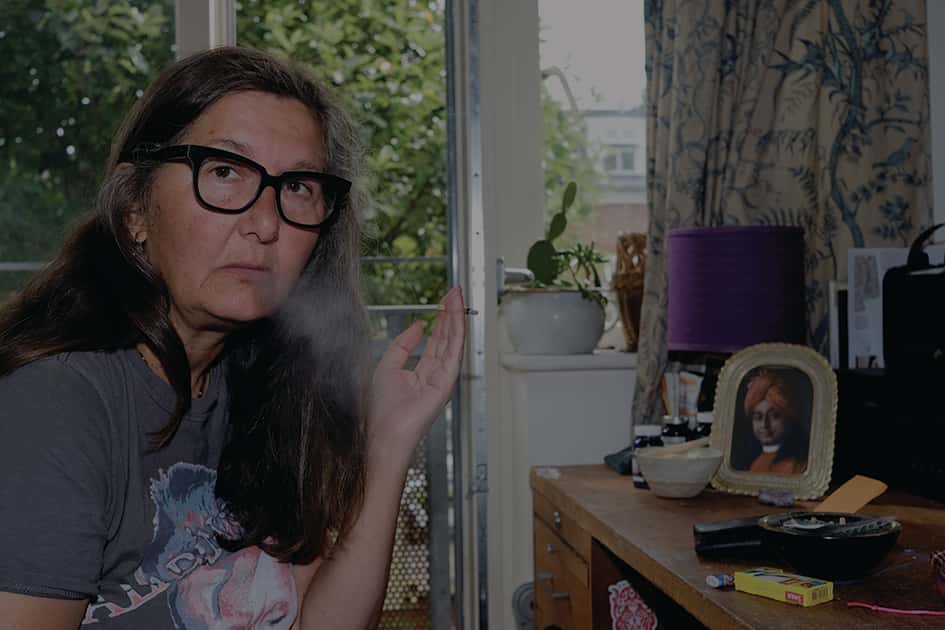
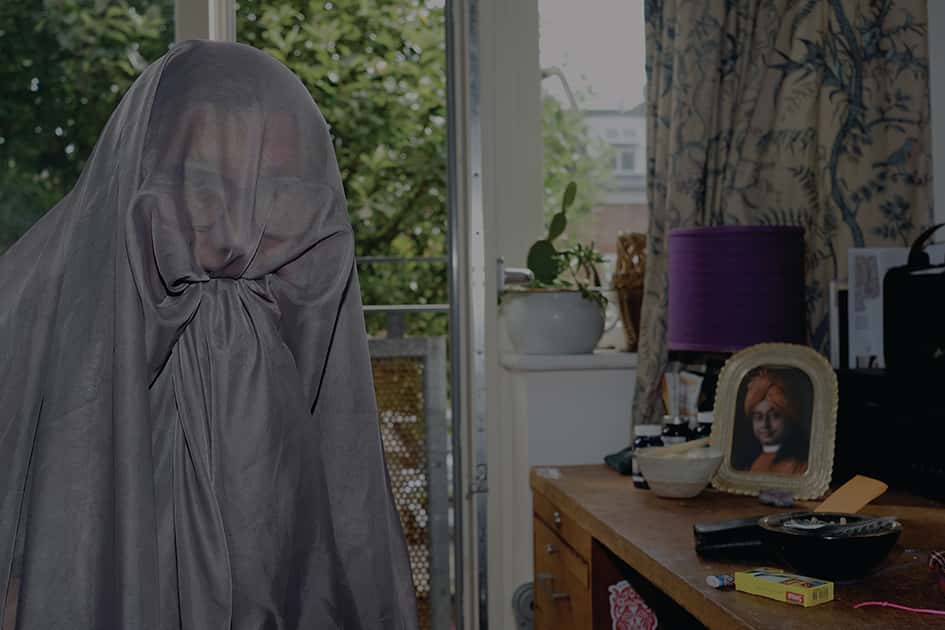
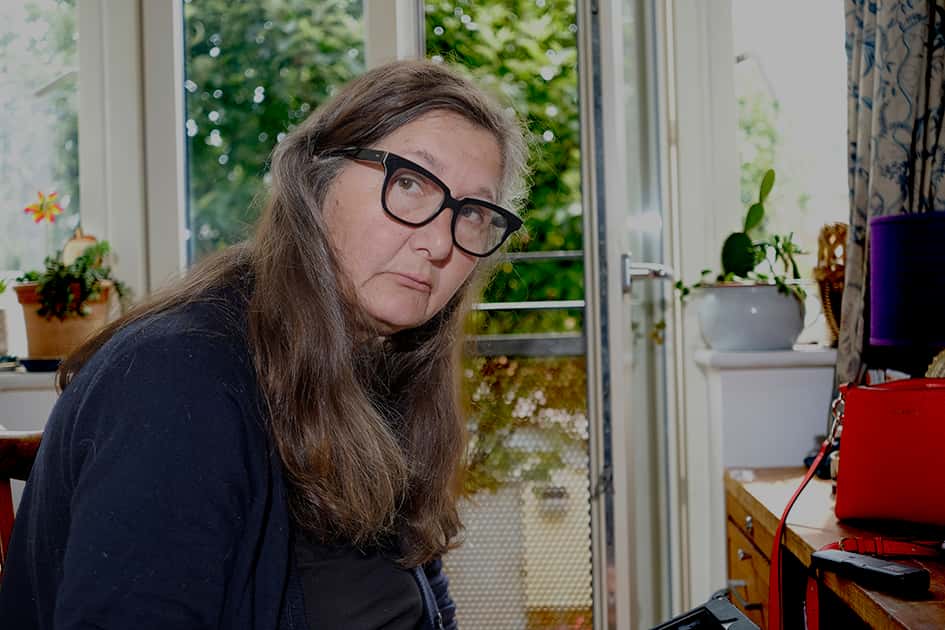
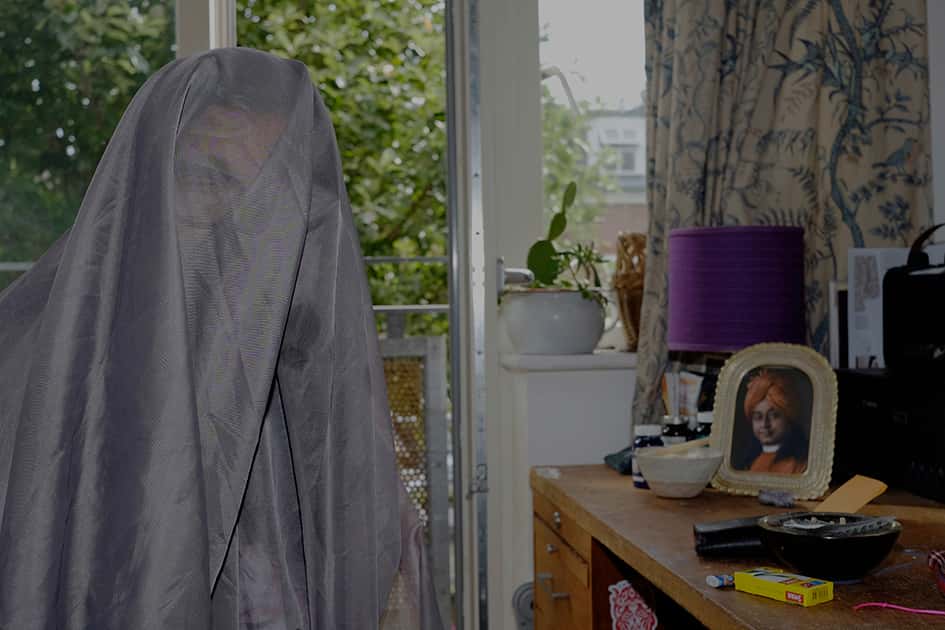
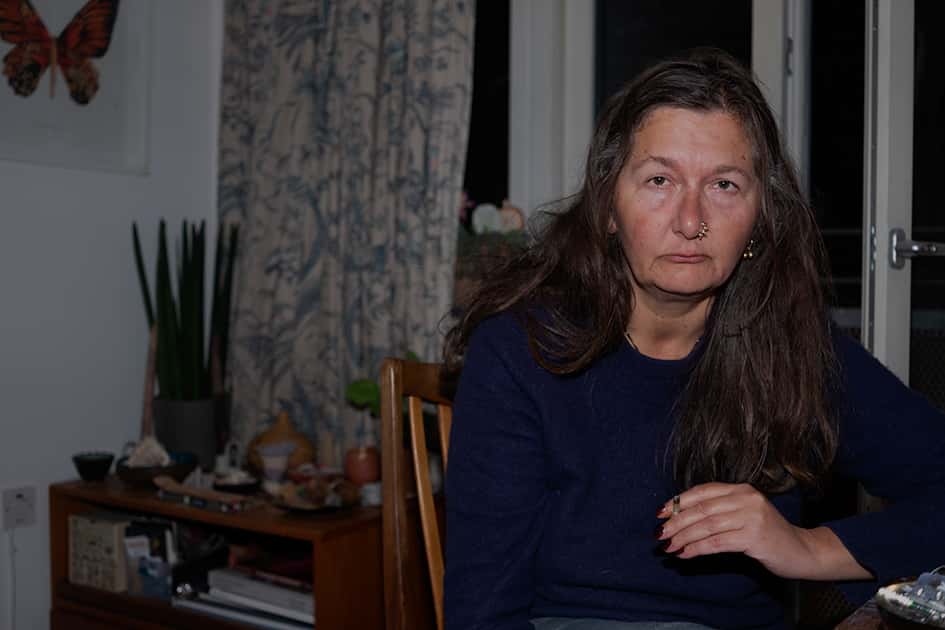
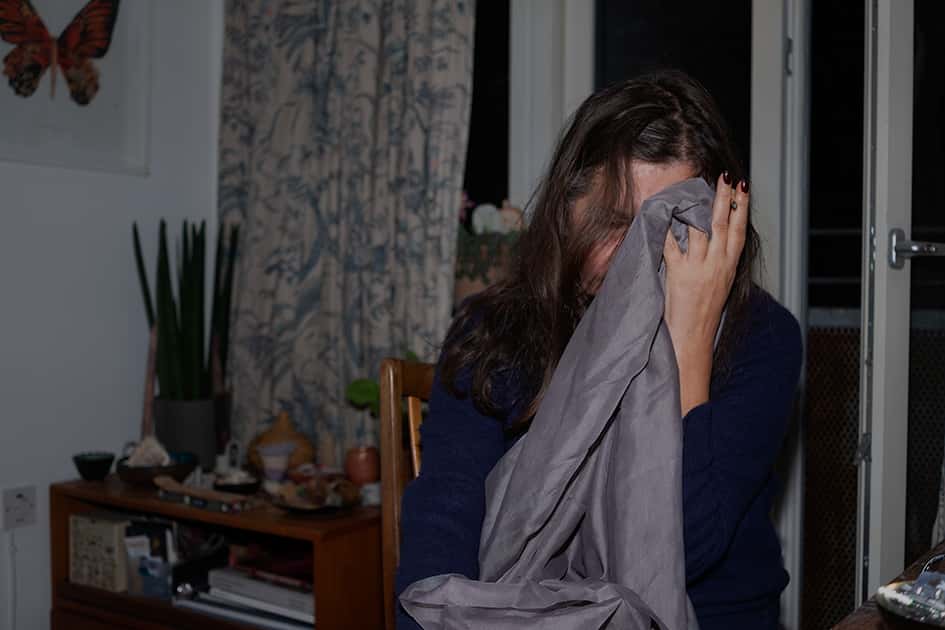
A third work, to complete the triptych of states within Bipolar Type II will be centred on mania, is still in the early concept stage and has not yet been created. Unlike the muted language of depression or the destabilisation of psychosis, this piece will be vivid, fast, and saturated—a visualisation of heightened energy and accelerated thought. I plan to shoot primarily outdoors in Brighton, using locations that held significance during past manic episodes, allowing personal history to sit underneath the imagery. The final work will be multi-layered, but the specific devices, techniques and visual distortions I will use to express this state are still in development. This paragraph represents my initial intentions, which will evolve as the project takes shape.
24 Hours
2025
Life gave me a good battering, and until 2017, I kept getting up and pushing forward. I rebelled against abuse, neglect, mental illness—my own and others’—grief, and the weight of single parenting.
They called me the “smiler.” I hid behind it, worked hard, loved deeply, and explored the world with wide eyes and open hands.
Then I hit a wall. A virus knocked me down for six months. I couldn’t get out of bed. Fatigue isn’t tiredness—it’s a collapse. Like batteries that never fully recharge, no matter how much you will them to.
In this work, I’ve dropped the smile. This is what lives underneath, on repeat, 24 Hours a day, every day, year after year.












I am also considering extending the project to include additional pieces exploring dyslexia, insomnia, and fibromyalgia. These ideas are at a very early stage, and I have not yet begun shaping their visual form. Each would address a different aspect of cognitive or physical disruption of which I personally experiance. If developed, these works would sit within the Exposure Syndrome as interconnected studies.
Looking ahead, I want to develop a body of work, through photography and possibly fine art, that explores the positive, evolutionary aspects of these conditions. Not in a way that denies their difficulty, but in a way that also acknowledges how they have also shaped my life; that is spiritually rich, perceptive, and deeply attuned to meaning.
This MA feels like the right place for me to explore new, as yet unknown ways of playing with the camera, and I am excited by the possibilities that could open up. I want to keep developing the subjects and ideas that matter most to me and to find strong, authentic visual forms for them. I hope this course will support me in creating images that feel honest and direct, and that carry something beautiful and human at their core.
